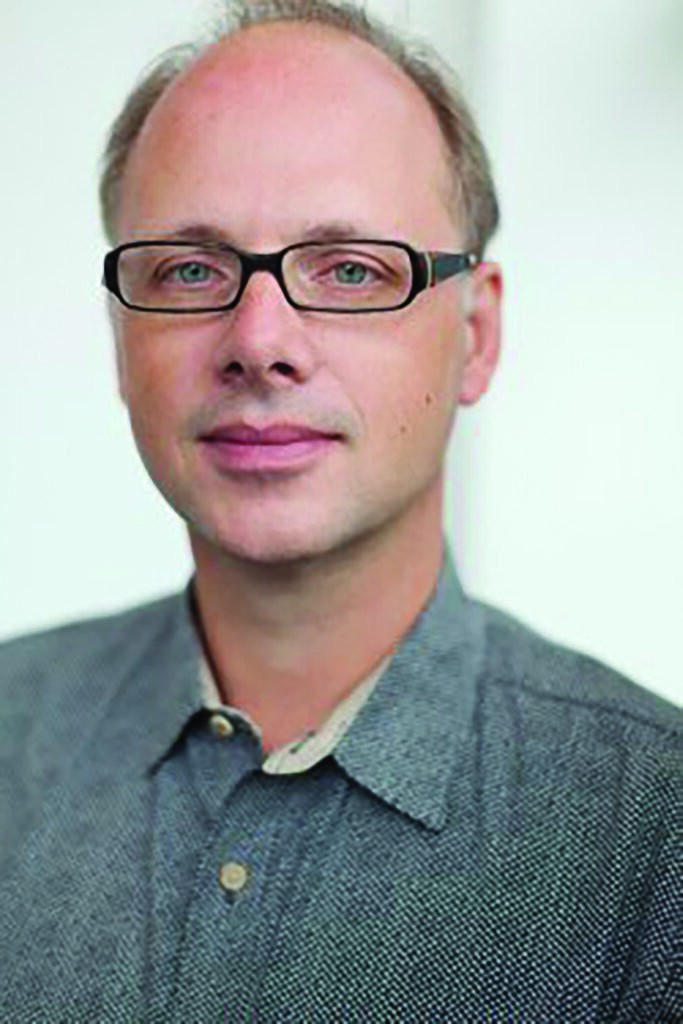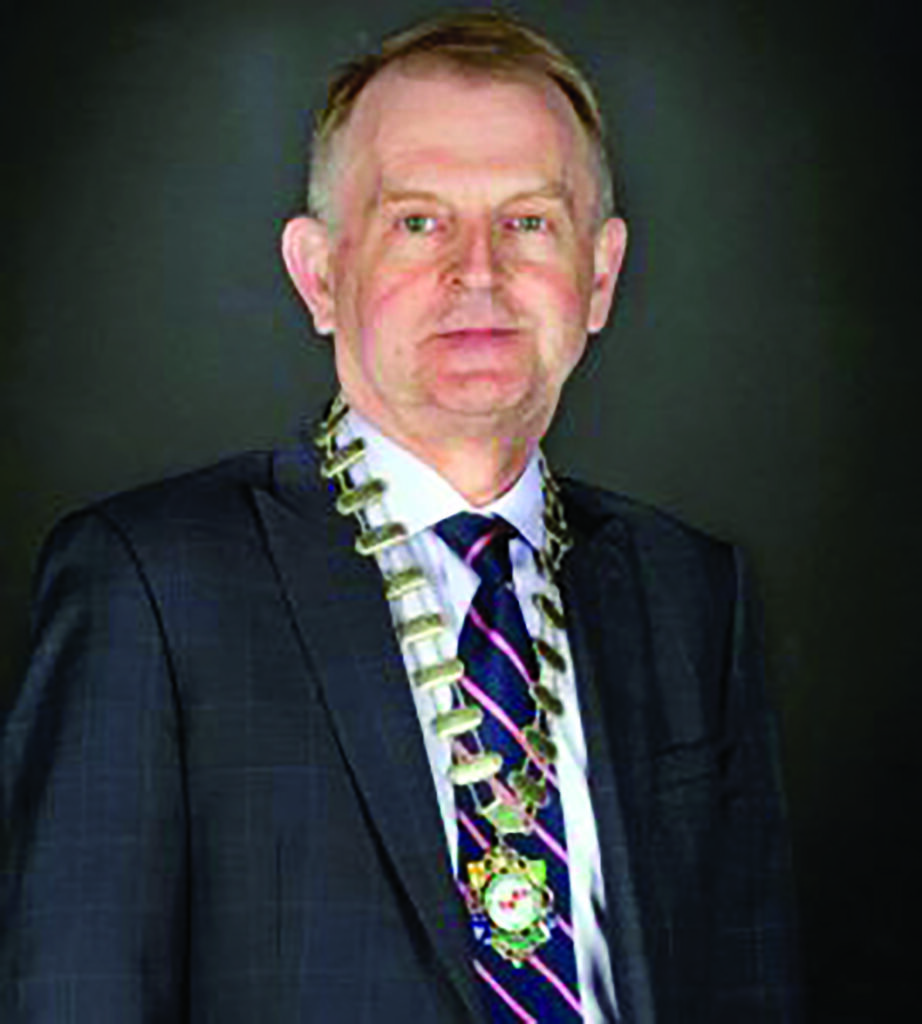Irish Endocrine Society, Annual Conference, 27 November 2020
Disorders of sex development (DSDs) – a diverse group of congenital conditions in which the external appearance of the individual does not coincide with the chromosomal constitution or the gonadal sex – are quite common despite a lack of public knowledge and discussion about this field, the Irish Endocrine Society (IES) Annual Conference 2020, which took place virtually on 27 November, heard.
Giving the paediatric lecture at this year’s IES meeting, UK DSD expert Prof John Achermann, Wellcome Trust Senior Fellow at University College London (UCL) Institute of Child Health and an Honorary Consultant in Paediatric Endocrinology at Great Ormond Street Hospital, gave a tour-de-force overview of the field following his introduction and welcome by IES President Prof Brendan Kinsley.
Prof Achermann explained that in around one in every 5,000 births the sex is not immediately clear and further investigation and tests are needed before decisions can be made.
“So if we assume that about 130 million babies are born in the world every year; that is one baby every 20 minutes,” he said.
Wherever you present along this whole spectrum is really the start of a lifelong journey
While there is a varied spectrum of DSDs, (and some of the most common causes include peno-scrotal hypospadias, hormone imbalances or variations in the baby’s chromosomes), the most significant condition is congenital adrenal hyperplasia (CAH), which Prof Achermann said is “almost always due to 21-hydroxylase deficiency, and can be life threatening”.

He added that other health complications associated with DSDs include fertility and hormonal issues and increased cancer risk. In addition, it is not just during the newborn period that DSDs can present.
In childhood and puberty certain complications (hernias, tumours, amenorrhoea, etc) can arise that are due to DSDs.
“Wherever you present along this whole spectrum is really the start of a lifelong journey and trying to get the right diagnosis, getting on the right path, and having the right healthcare professionals around for your lifelong journey is becoming increasingly crucial,” Prof Achermann commented.
Typical investigations utilised in the diagnosis of DSDs include various hormonal screens (LH, FSH, etc), pelvic and transabdominal ultrasounds, karyotyping and chromosomal microarrays.

Genetic testing is playing an increasing role and is rapidly developing ( eg, whole genome sequencing), with a number of commercial tests now available, Prof Achermann outlined, while highlighting some of his own research work in the area. These new technologies together with gene expression and epigenetic studies can potentiate the clinical diagnosis of DSD diagnostic rates and enhance the outcomes for patients and families.
However, an unequivocal diagnosis confirmed by biochemical and genetic means can remain elusive in many cases of DSD, particularly XY DSD. He presented a number of case studies to illustrate the various typical DSDs that can present and the associated care needs that arise in practice.
Prof Achermann also gave an overview of the 2015 revised Society for Endocrinology UK guidance on the initial evaluation of an infant or an adolescent with a suspected DSD, which is currently being updated.
Despite the occurrence of atypical genitalia being commoner than believed, it continues to be misunderstood by the public, and is often shrouded in unnecessary shame and secrecy as well as fear, and media representation can be an issue, Prof Achermann stated.
He highlighted a booklet which he helped develop to provide support for
parents in the first few days of having a child with atypical genitalia (available at www.dsdfamilies.org) as well as other online educational resources for those impacted by DSD.
While DSD understanding and treatment pathways have evolved significantly in recent decades compared to when affected children were commonly just assigned to the most convenient sex and denied the truth of their medical history, this remains a challenging area of medical practice, Prof Achermann said.
Concluding, he said that it is important to offer adequate support and counselling to parents, and multidisciplinary, individualised care for people with DSDs is crucial.













Leave a Reply
You must be logged in to post a comment.